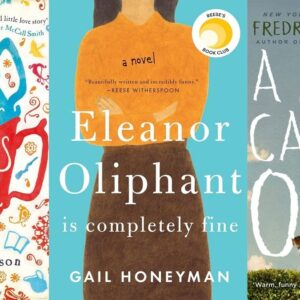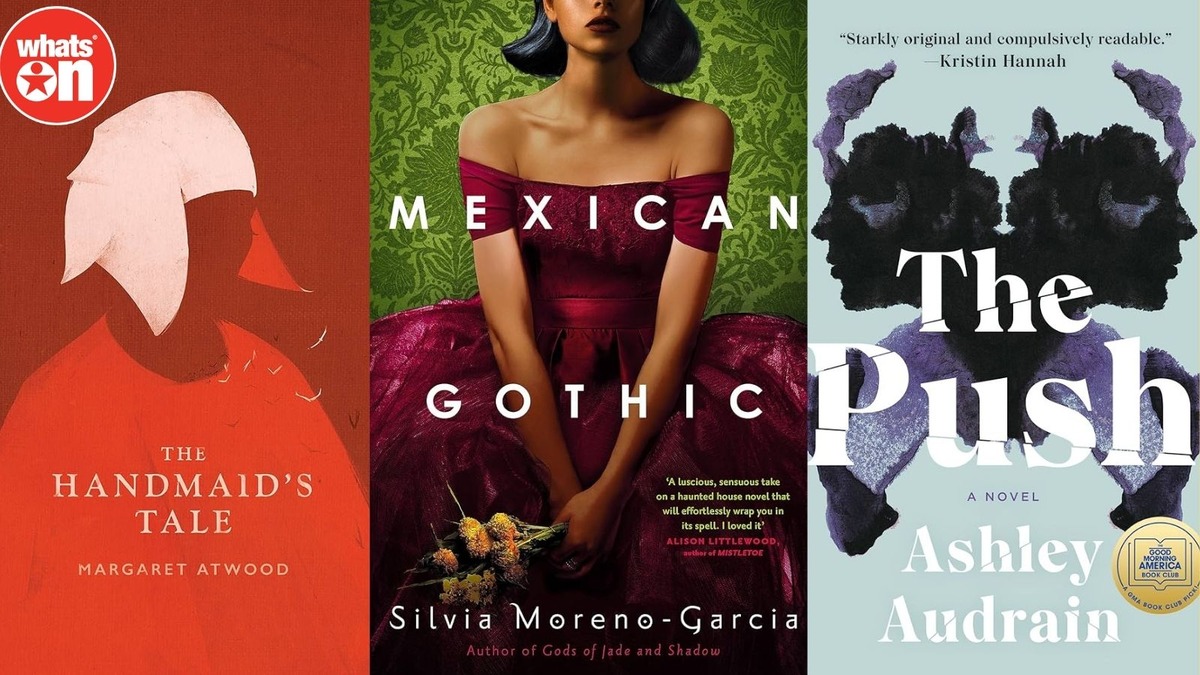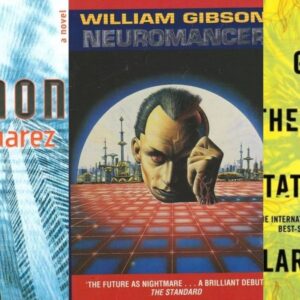Wednesday Wisdom: Discover 7 must-read social horror books that terrify by exposing racism, class divide, misogyny, and oppression. These terrifying tales go beyond ghosts and gore—revealing the real horrors embedded in society. From unsettling racial allegories to feminist revenge and dystopian nightmares, these books will chill your spine and open your eyes. Perfect for fans of thought-provoking horror fiction.
1. The Ballad of Black Tom by Victor LaValle
This chilling novella reimagines H.P. Lovecraft’s The Horror at Red Hook through a Black protagonist’s perspective, confronting Lovecraft’s own racism while preserving the cosmic dread. Set in 1920s Harlem and New York, The Ballad of Black Tom follows Charles Thomas Tester, a street musician and hustler who’s pulled into a dark occult world. But the real horror isn’t just the supernatural—it’s the violent racism of the world around him. As Tester navigates corrupt police, exploitative white occultists, and ancient evils, LaValle explores how racism transforms ordinary people into monsters. The novella is as concise as it is powerful, critiquing systemic oppression with every eerie page.
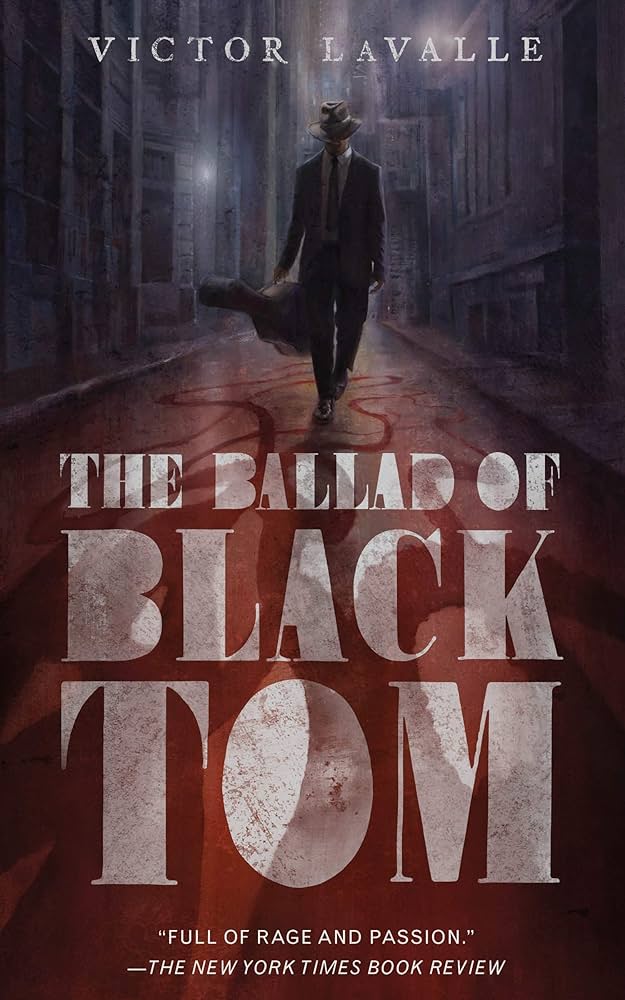
2. The Only Good Indians by Stephen Graham Jones
Blending supernatural terror with raw social commentary, this Native American horror novel follows four Blackfeet men haunted by an elk-hunting misdeed from their youth. Years later, an uncanny presence stalks them, delivering brutal revenge. But beneath the gore lies a deeper reckoning with cultural disconnection, generational trauma, and the lingering violence of colonisation. Stephen Graham Jones weaves traditional horror tropes with Native mythologies, crafting a narrative that questions identity, masculinity, and the cost of assimilation. This is not just a ghost story—it’s a story about cultural loss and survival, written with dark wit and relentless pace.
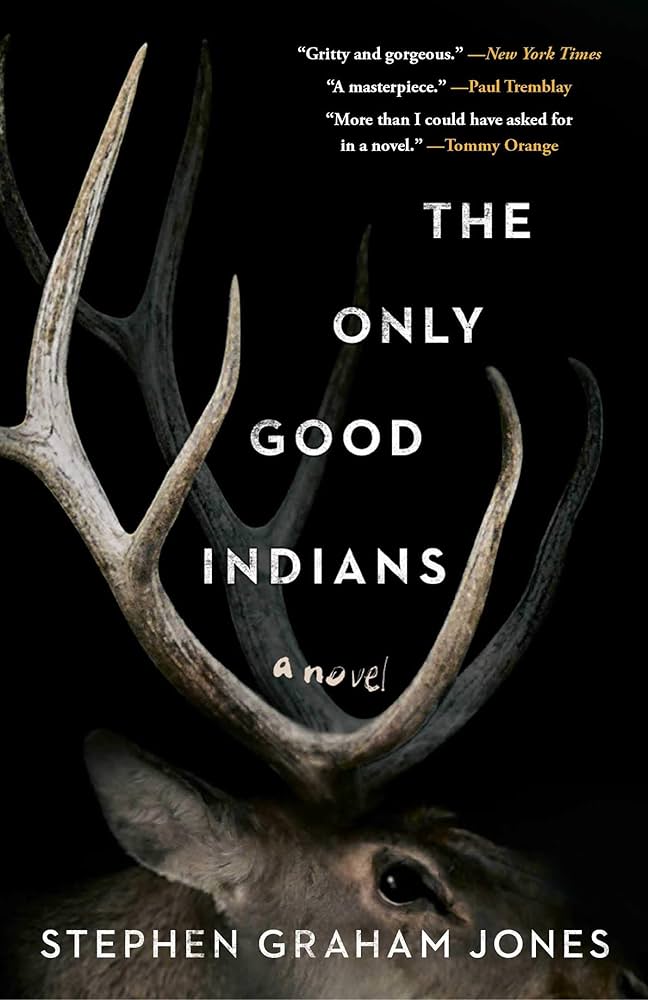
3. My Sister, the Serial Killer by Oyinkan Braithwaite
This sharp, darkly comic thriller set in Lagos, Nigeria, flips the serial killer genre on its head, revealing the burdens of patriarchy and family loyalty. Korede, a dutiful nurse, is always cleaning up after her younger sister Ayoola—who keeps murdering her boyfriends in “self-defence”. The horror is not just the killings but how society turns a blind eye to beautiful women, how abuse festers in families, and how women often have to be complicit to survive. Braithwaite dissects gender roles, toxic masculinity, and beauty privilege, all wrapped in a suspenseful, bite-sized novel that’s as stylish as it is disturbing.
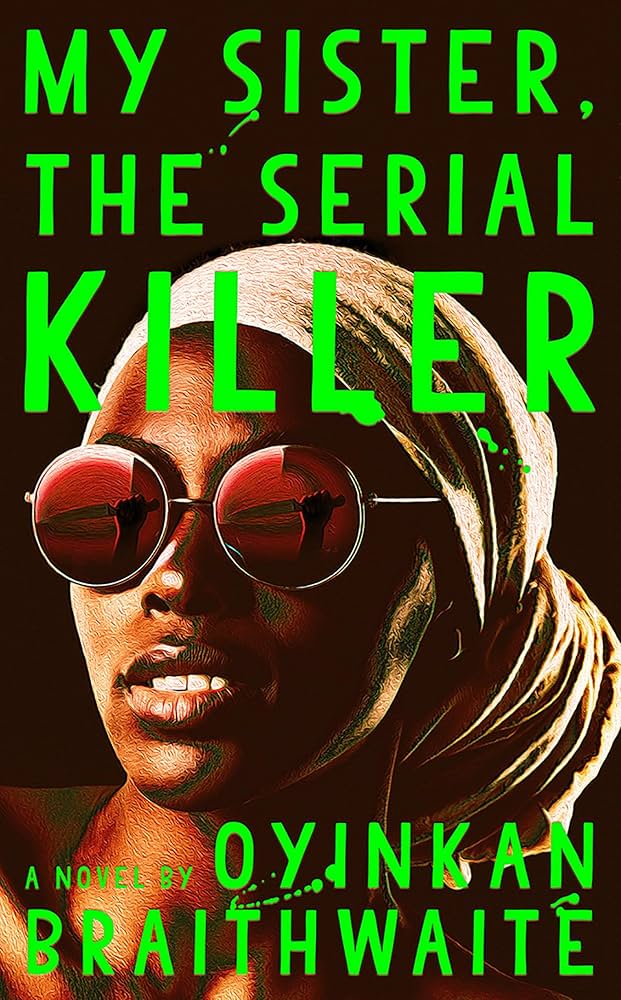
4. Mexican Gothic by Silvia Moreno-Garcia
Set in 1950s Mexico, this lush gothic horror novel unearths colonialism’s lingering poison through a decaying mansion and a family harbouring dark secrets. Noemí, a glamorous socialite, is called to rescue her cousin from an eerie hilltop estate. What she finds is mould, rot, and something much more sinister beneath the surface—a legacy of eugenics, white supremacy, and parasitic power. Silvia Moreno-Garcia blends classic gothic tropes with postcolonial themes, examining how privilege and power sustain themselves through exploitation. The horrors of Mexican Gothic are as much biological as ideological, and the atmospheric writing ensures every page oozes dread and beauty.
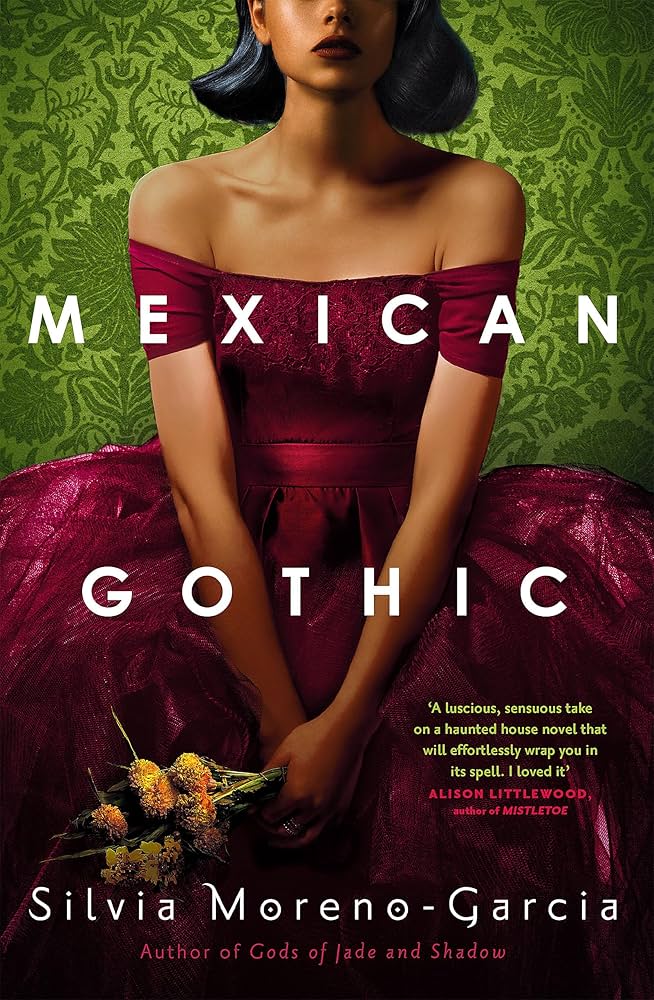
5. The Push by Ashley Audrain
What if motherhood felt more like a horror story than a blessing? The Push explores the terrifying possibility that some children might be born malevolent—but it’s really about how society gaslights and isolates women who don’t conform to maternal ideals. Through the eyes of Blythe, a mother questioning her daughter’s disturbing behaviour, we witness how generational trauma, gender roles, and emotional abuse shape women’s lives. The novel plays with ambiguity: is Blythe an unreliable narrator, or is she the only one seeing the truth? Either way, Audrain builds a domestic nightmare that exposes the suffocating expectations of motherhood in modern society.
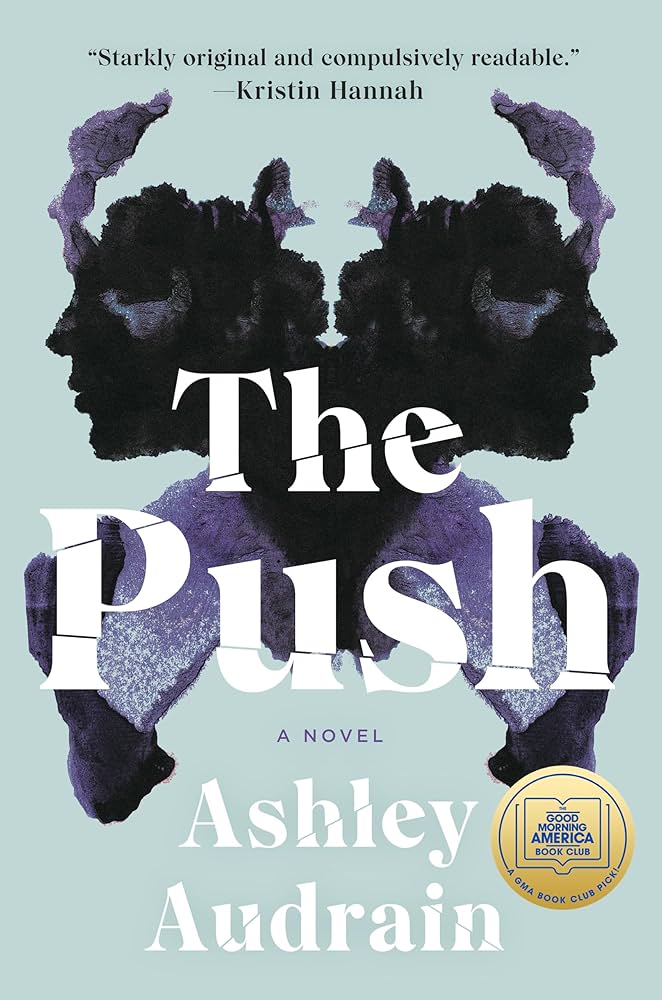
6. Lovecraft Country by Matt Ruff
This gripping mashup of pulp horror and civil rights-era America is both a tribute and a critique of Lovecraftian fiction. Set in 1950s Jim Crow America, Lovecraft Country follows a Black family navigating eldritch horrors and white supremacy—often indistinguishable from one another. The book is structured like interconnected episodes, where the real terror comes from racist neighbours, sundown towns, and segregated highways as much as from cosmic cults and haunted houses. Ruff uses the genre’s clichés to interrogate race, family, and survival, showing that Black Americans have always lived in a horror story. It’s a clever, thrilling, and politically sharp read.
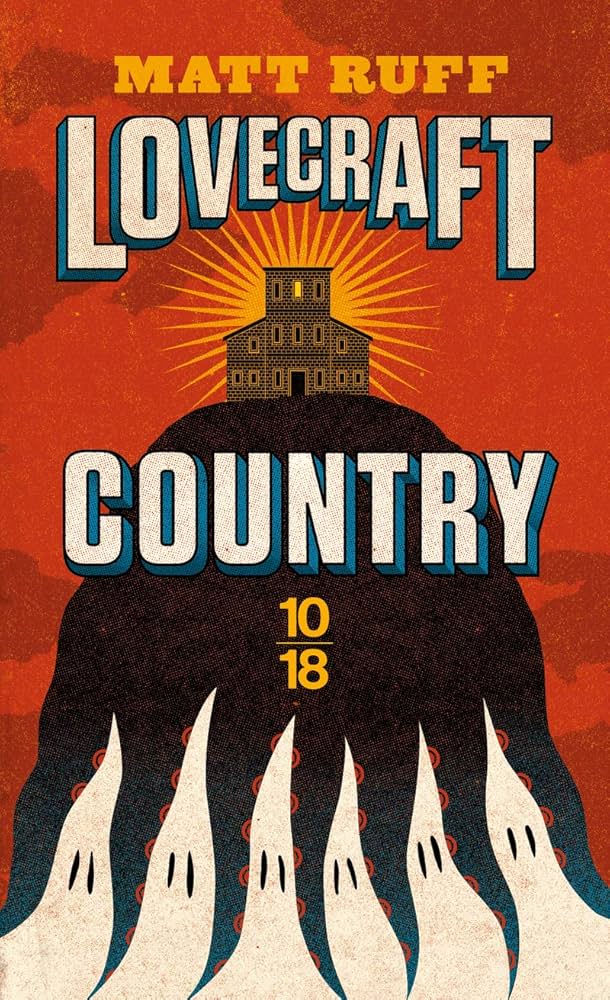
7. The Handmaid’s Tale by Margaret Atwood
No list of social horror fiction is complete without this dystopian masterpiece, where religious authoritarianism has reduced women to breeding vessels. Set in Gilead, a totalitarian state born out of environmental collapse and misogyny, The Handmaid’s Tale is told by Offred, a “handmaid” forced to reproduce for a ruling class. The horror here is chillingly plausible—a patriarchal nightmare wrapped in biblical justification. Atwood’s writing is hauntingly spare, and the book’s commentary on reproductive rights, surveillance, and resistance remains disturbingly relevant. This is social horror at its bleakest: a future shaped by the worst parts of the present.
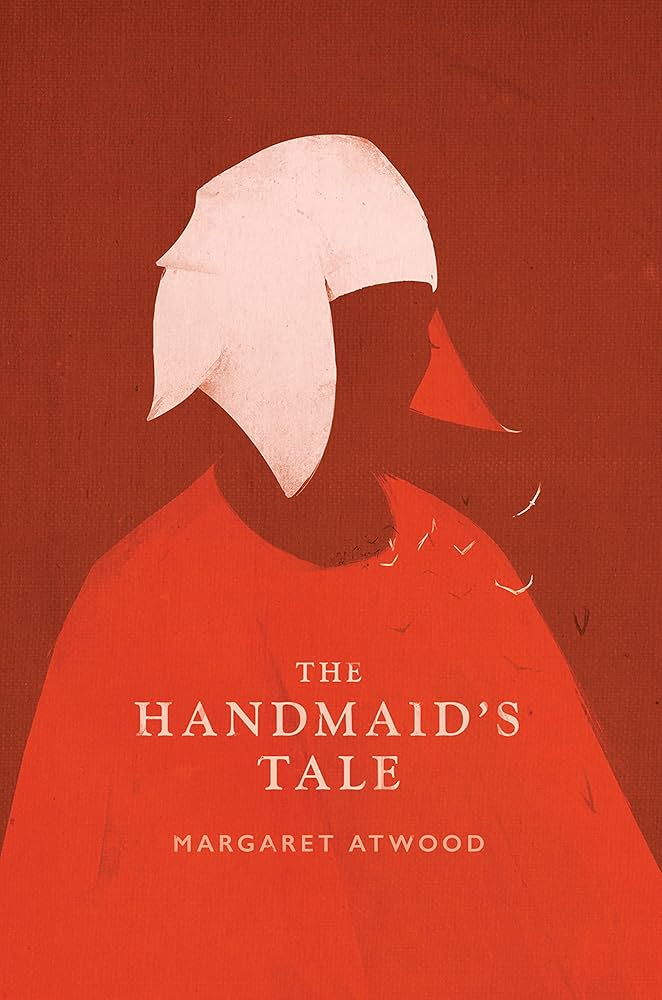
For more book reviews, visit WhatsOn.Guide

